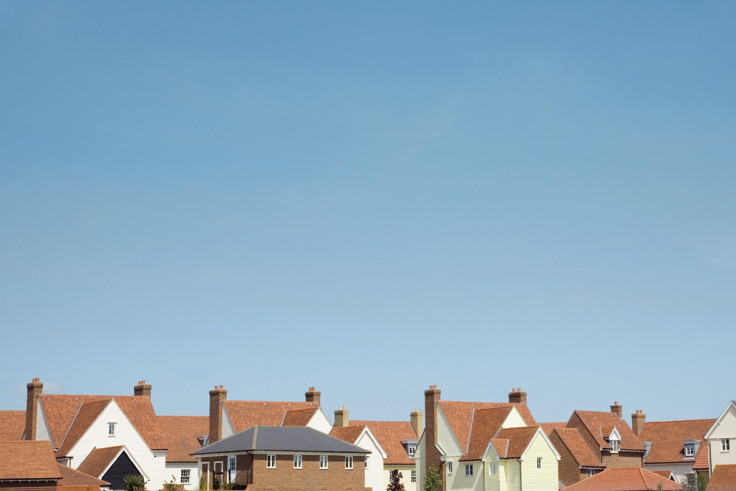UK house prices: Housing market has 'fully recovered from the crash' but Brexit concerns loom

House prices in nine of the ten regions of England and Wales set new records in April, a sign that the market "has now fully recovered from the crash". That is according to the Your Move and Reeds Rains house price index for the month, which grew 8.9% over the year to an average of £298,030, though concerns over a 'Brexit' in the European Union (EU) referendum will weigh on demand.
Only the North East is yet to reach its pre-crisis peak. The April index stated house prices in this region rose by 1.9% over the year to an average of £156,590. In London, where property values are highest due to a serious shortage of supply and intense demand, average house price soared 11% year-on-year to £600,620.
Rising house prices are fuelled by growing demand, which is supported by low interest rates, an economy on the mend and schemes such as Help to Buy for first-time buyers, and a lack of supply in some areas of England. House building is running significantly short of demand, which could soften as prices rise and affordability pressures worsen.
"While London may have seen the biggest boost in house prices this month, property values have hit new records in nine of the 10 regions in England and Wales, as growth ripples out from the capital," said Adrian Gill, director of Your Move and Reeds Rains estate agents. "This is the first time nine regions have broken records in the same month since October 2007 at the height of the boom – as the market has now fully recovered from the crash."
Gill said London's average house price had almost doubled in seven years, up from £321,917 in April 2009. "In Waltham Forest, the average house price has soared by 113% over this time period – more than any other London borough," he said.
"These kinds of huge hikes in home values in London mean that Sadiq Khan will now face a serious challenge to deliver his promise of increased affordable housing in the city. Across London, it's been the more affordable areas which have seen some of the steepest increases in house prices annually, as the capital's residents seek out cheaper properties."
Khan, the Labour candidate for London mayor elected to City Hall on 5 May with the biggest personal mandate of any politician in British history, has promised to set a 50% affordable target for all new housing across the city, a goal his critics say is impossible to achieve.
'Brexit' concerns
Demand from British homebuyers is dropping ahead of the 23 June referendum on the EU, when voters may opt to leave the 28-member trading bloc in what has been dubbed a "Brexit". The Royal Institution of Chartered Surveyors (Rics) said its April survey of members reported 22% more reporting a fall in demand from property purchasers than an increase.
But a weakening supply of homes for sale — 8% more surveyors reported a falling number of new sellers coming to market in the month — means house prices are set to rise even further, offering no respite for hard-pressed first-time buyers struggling to step onto the property ladder. A net 61% of surveyors across England and Wales expect prices to rise over the coming year.
"Uncertainty is a word that features heavily in the feedback we are receiving from members responding to the survey and is contributing to the flatter trend in the latest data," said Simon Rubinsohn, chief economist at Rics.
"More ominous is the expectation that both prices and rents will head materially higher over [the] medium term despite existing affordability concerns with the supply pipeline continuing to fall short of household growth notwithstanding the various levers the government is pulling to try and drive development."
Figures from Land Registry show the average house price in England and wales hit £189,901 in March 2016 after rising 6.7% over the year, well ahead of pay, which rose at around 2% on average, according to the Office for National Statistics (ONS).
Housebuilding is running well short of the level needed to meet demand, estimated to be around 250,000 new units a year. There were 142,890 housing completions in the 12 months to December 2015, a 21% annual increase, said the Department for Communities and Local Government (DCLG).
© Copyright IBTimes 2025. All rights reserved.






















